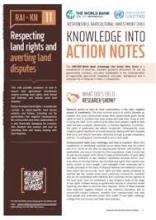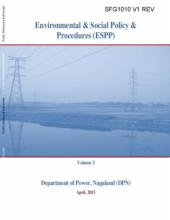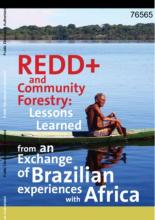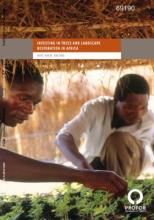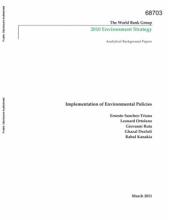Land Library Search
Through our robust search engine, you can search for any item of the over 73,000 highly curated resources in the Land Library.
If you would like to find an overview of what is possible, feel free to peruse the Search Guide.
/ library resources
Showing items 1 through 9 of 17.In May 2019, a complaint was lodged with CAO by members of 22 communities from the Margibi and Bong Counties in Liberia (the “Complainants”), supported by the NGOs Green Advocates International (GAI), Alliance for Rural Democracy (ARD), Natural Resource Women Platform (NRWP), and the Yeagbamah Na
This note is part of an Action Notes series and provides guidance for governments and companies on how to ensure that agricultural investments respect existing land rights, both formal and informal, and thereby avert land disputes.
This note aims to provide information and analysis as a basis for a better understanding of the challenges and constraints of achieving gender equality in Bolivia, with a special focus on the intersectionality between gender and ethnicity.
The North Eastern Region (NER) in India is endowed with rich energy resources but faces significant bottlenecks in electricity access and availability levels. The per capita power consumption in NER is one-third of the national average.
This publication is the result of an initiative to promote an exchange between Brazil and African countries on lessons learned about the role of community forestry as a strategic option to achieve the goals of Reducing Emissions from Deforestation and Forest Degradation (REDD+).
Reforestation measures for degraded lands, strategies for the sustainable management of forest resources, and agroforestry practices that incorporate trees into farming systems are increasingly demonstrating their promise for producing commercialized tree products.
The Philippines has made significant progress in empowering women and in advancing gender equality. The government's policy on gender equality and women's empowerment has prioritized women's economic empowerment, advancing human rights and enhancing gender-responsive local governance.
This book is designed for governments that make decisions on the application of preventive resettlement programs as disaster risk reduction measures, as well as for institutions and professionals in charge of preparing and implementing these programs, civil society organizations participating in
The Bank's environmental agenda has evolved gradually since the 1970s. During the 1970s and 1980s, the main focus was on mitigating the potential environmental damage associated with investment projects using environmental impact assessments (EIA).

